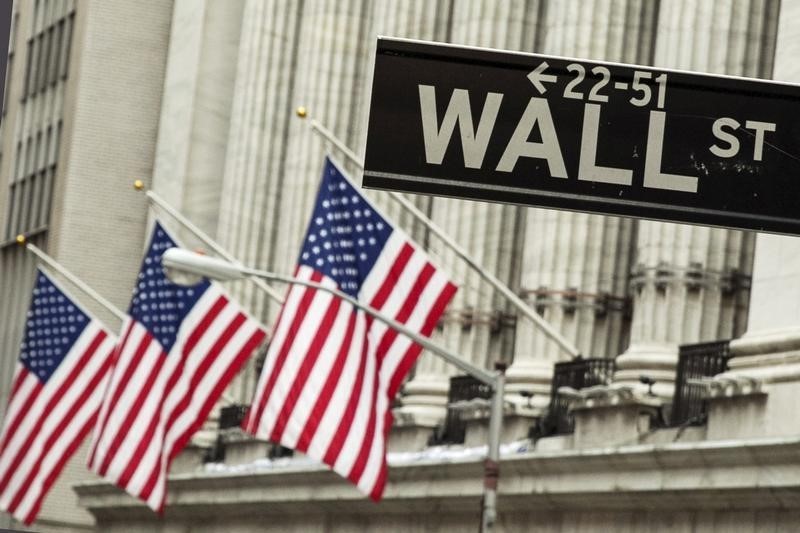Investing.com -- Institutional investors, often referred to as "smart money," are adopting a more defensive stance in the market, according to a recent note from Sevens Research.
However, the firm says that this shift in strategy reflects caution rather than an expectation of an imminent economic downturn, signaling that while consumer spending is projected to slow, a hard landing scenario is not necessarily anticipated.
Sevens Research highlights a notable trend in the derivatives market, writing: "One thing that we have noticed in the derivatives market recently has been the collapse in the VIX and surge in its lesser-known cousin, the SKEW index."
The SKEW index, which is often regarded as a "Black Swan" indicator, offers a more nuanced insight into market positioning among sophisticated, institutional investors.
According to Sevens Research, "smart money" typically hedges new long equity positions with out-of-the-money put options—a trading strategy that the SKEW is particularly sensitive to.
During the market rebound following the early August lows, the SKEW index surged past the key 150 threshold. This move indicates strong risk-on money flows from institutional investors.
However, Sevens Research notes that these flows have "strongly favored defensive stock positions," suggesting that big players in the market are positioning themselves cautiously.
This trend stands in contrast to retail traders, who have been actively buying into the recent dip in technology stocks.
"Retail traders who have been buying the recent tech 'dip' are susceptible to meaningful downside in those new holdings," adds Sevens.
As markets continue to navigate an uncertain economic environment, the growing preference for defensive strategies among institutional investors underscores a broader sentiment of caution.
